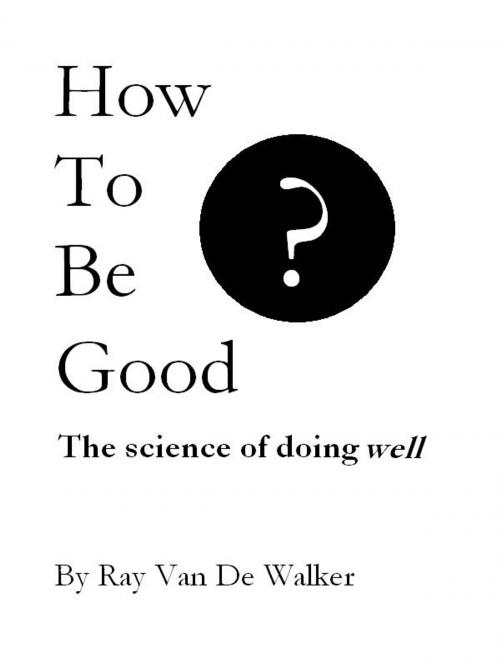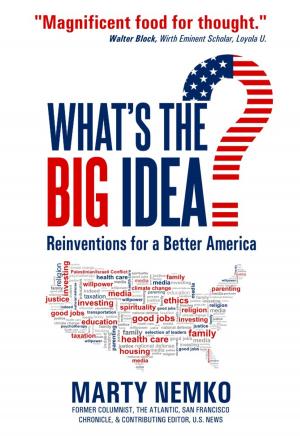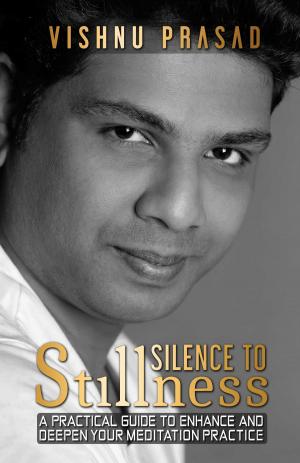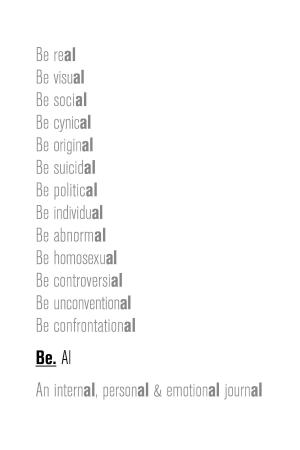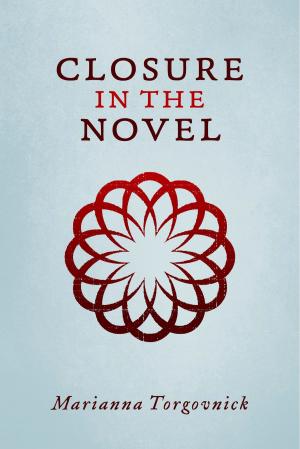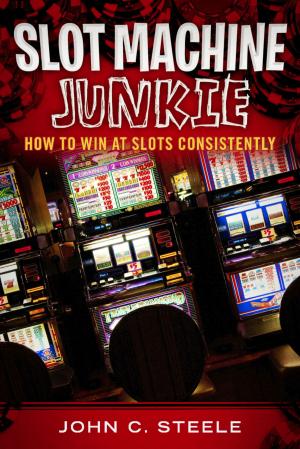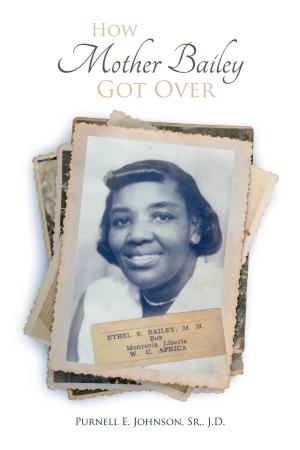How to be Good: The Science of Doing Well
Nonfiction, Health & Well Being, Self Help, Self Improvement| Author: | Ray Van De Walker | ISBN: | 9781620955536 |
| Publisher: | BookBaby | Publication: | March 19, 2012 |
| Imprint: | Language: | English |
| Author: | Ray Van De Walker |
| ISBN: | 9781620955536 |
| Publisher: | BookBaby |
| Publication: | March 19, 2012 |
| Imprint: | |
| Language: | English |
The book has 163,800 words (624 pages in octavo hardback), with a table of contents, foreword, labeled sections, summaries, index, notes, references, appendices and postscript. E-book editions are fully searchable and convertible, without DRM. Most people are somewhat, or even deeply confused about how to be a good person. If reliable recipes were available, how to be good would be almost the most valuable information that one could imagine. This book first explains the importance of a definition of goodness. To increase readers' defenses against confidence artists, including those already entrenched in society, it rehearses and then explains the standard skeptical arguments against a scientific, universal good. Then it proposes a definition of goodness, based in biology, that escapes these problems. The classic problem, of course, is the "Naturalistic Fallacy": "How do you know that that is what's good?" The answer should not be "because it's better." Knowledge has increased since the 18th century, so a definition is likely. Received wisdom is increasingly that humans are something very like chemical machinery. It's perfectly logical that there are better and worse ways of operating oneself and other people, and it should not be too odd that an engineer would notice this, and write what amounts to a manual. The largest part of the book applies this biological definition to individuals, families, organizations, governments, and species. Since it's actually a tradition in a book that dares to define goodness, the author defines a Utopia, with a sample constitution and other aids. How does this affect you? It's your moral duty to become good if you possibly can. Read the book. If you like it, tell people.
The book has 163,800 words (624 pages in octavo hardback), with a table of contents, foreword, labeled sections, summaries, index, notes, references, appendices and postscript. E-book editions are fully searchable and convertible, without DRM. Most people are somewhat, or even deeply confused about how to be a good person. If reliable recipes were available, how to be good would be almost the most valuable information that one could imagine. This book first explains the importance of a definition of goodness. To increase readers' defenses against confidence artists, including those already entrenched in society, it rehearses and then explains the standard skeptical arguments against a scientific, universal good. Then it proposes a definition of goodness, based in biology, that escapes these problems. The classic problem, of course, is the "Naturalistic Fallacy": "How do you know that that is what's good?" The answer should not be "because it's better." Knowledge has increased since the 18th century, so a definition is likely. Received wisdom is increasingly that humans are something very like chemical machinery. It's perfectly logical that there are better and worse ways of operating oneself and other people, and it should not be too odd that an engineer would notice this, and write what amounts to a manual. The largest part of the book applies this biological definition to individuals, families, organizations, governments, and species. Since it's actually a tradition in a book that dares to define goodness, the author defines a Utopia, with a sample constitution and other aids. How does this affect you? It's your moral duty to become good if you possibly can. Read the book. If you like it, tell people.
